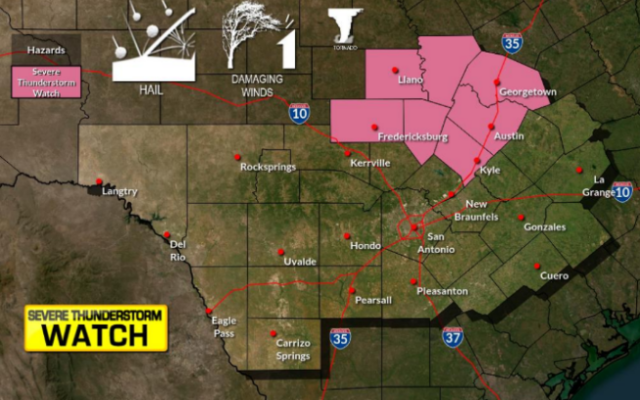Jail cell video of Epstein’s first suicide attempt is lost: “This is madness”

Missing video is raising new questions in the investigation of the federal jail cell death of convicted sex offender Jeffrey Epstein. Federal prosecutors said Thursday video of Epstein’s New York jail cell when he made his first suicide attempt “no longer exists.”
Epstein, who was accused of sexually abusing dozens of underage girls, allegedly died by suicide at the Metropolitan Correctional Center on August 10, weeks after that first attempt.
The video of the cell exterior where Epstein first tried to end his life was sent to federal investigators and restored last week, but on Thursday prosecutors said it is the wrong video. In a letter, federal prosecutors said the jail “inadvertently preserved video from the wrong tier” and “as a result, video from outside the defendant’s cell … no longer exists.”
“When I read this letter I had to re-read it because I said, this just can’t be happening,” said CBS News legal analyst Rikki Klieman told CBS News correspondent Mola Lenghi. “This is madness.”
Bruce Barket, the attorney for Epstein’s cellmate Nicholas Tartaglione, said the Metropolitan Correctional Center is “the worst facility, jail or prison that I’ve been to in 35 years of practicing law.”
The missing video adds to questions that have already been raised about the circumstances of Epstein’s death. A forensic pathologist, hired by Epstein’s family, observed the four-hour autopsy of Epstein’s body and told “60 Minutes” that the unusual fractures in Epstein’s neck, as well as other evidence, point more to murder than suicide.
It also could reignite speculation of a cover-up, as the detention facility continues to be under fire for multiple failures before Epstein died in custody.
“When you’ve got video tape disappearing, cameras not working, guards allegedly not being where they’re supposed to be … it’s no wonder that Jeffrey Epstein is dead,” Klieman said. “These things can happen, but they all shouldn’t happen in one place.”
The Bureau of Prisons, which oversees the Metropolitan Correctional Center, declined to comment, citing the ongoing federal investigations.
You Might Also Like



